Lausanne Opera is a cultural institution located in the heart of Lausanne since 1871. It’s become an emblematic institution in French-speaking Switzerland, contributing to its cultural influence. In Lausanne, opera has long been a defining feature of the cultural scene, reflecting the desire of Lausanne’s citizens for theatre, and not just music.
Since the 18th century, opera has had a prominent place in Lausanne, where many venues welcomed visiting troupes. As in Paris, Grétry, Duni, Montsigny, Rousseau, Gossec, Philidor, Dalayrac, Paisiello, Piccinni, were all famous composers.
Depending on the programme proposed by the visiting troupes after the French Revolution, an audience broader than that of the aristocratic circles finally had the opportunity to see and hear operas shortly after their creation in a theatre built on the current rue de Langallerie, that was named “La Comédie” or “salle Dupleix”.
Voltaire was already praising the curiosity of the Lausanne public and was delighted with the reception given to his theatrical works. In its new building, the modern Opéra de Lausanne, with the strength of its heritage, is dedicated to preserving the repertoire, as well as showcasing and commissioning works for a wide audience including its youngest fans.
Since its renovation in 2012, the Opéra de Lausanne has equipped its stage with the most advanced technologies, and offers a diversified choice of operas, concerts and ballets each season, showcasing a repertoire that spans from the 17th to the 21st centuries, from Monteverdi to Levinas. This diversity, as well as the artistic and vocal level of its international singers, ensures a dynamism and recognition that confirms the Opéra de Lausanne’s renown, and is reinforced by the rebroadcasts and diffusion of its productions, which are often acclaimed.
The Opéra de Lausanne is also known for its annual programming of a true opera for young audiences. In addition to the discovery of the operatic world offered annually to more than 2,000 students, it has a proactive policy of professionally integrating young graduates of the HEMu and HEMGe. In 2010, the Opéra de Lausanne created the Lyric Road, a unique decentralisation operation that takes place in the summer in the French-speaking region and allows distant audiences to enjoy quality opera performances.
The Choir of the Opéra de Lausanne is a young choir, comprising both vocal students from the Hautes Ecoles de musique romandes, Hemu and HemGe, and professional singers.
The experience acquired at the Opéra de Lausanne often allows new graduates to pursue a career that at times brings them back to Lausanne. Its members are selected by audition and are periodically reheard. They are carefully chosen for each opera according to their voice and/or aptitudes, as well as their stage presence. With their contagious enthusiasm, they are highly appraised by invited Directors.
Members benefit from several years of training under the direction of a number of dynamic expert Choir Directors from different disciplines, who are selected according to the works performed and their specific qualities.


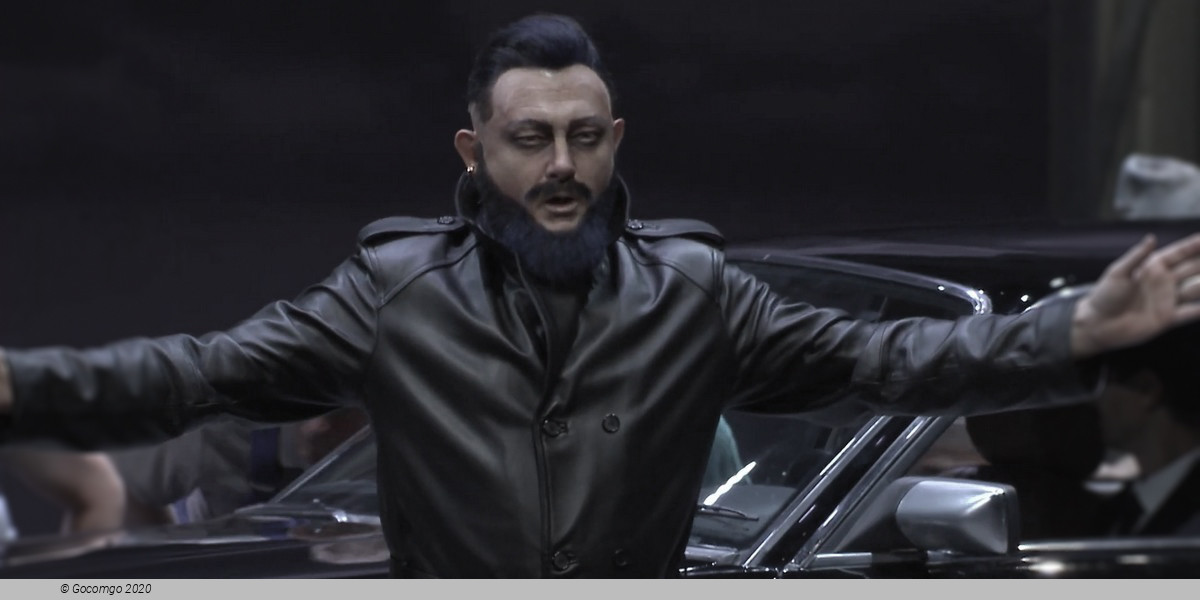
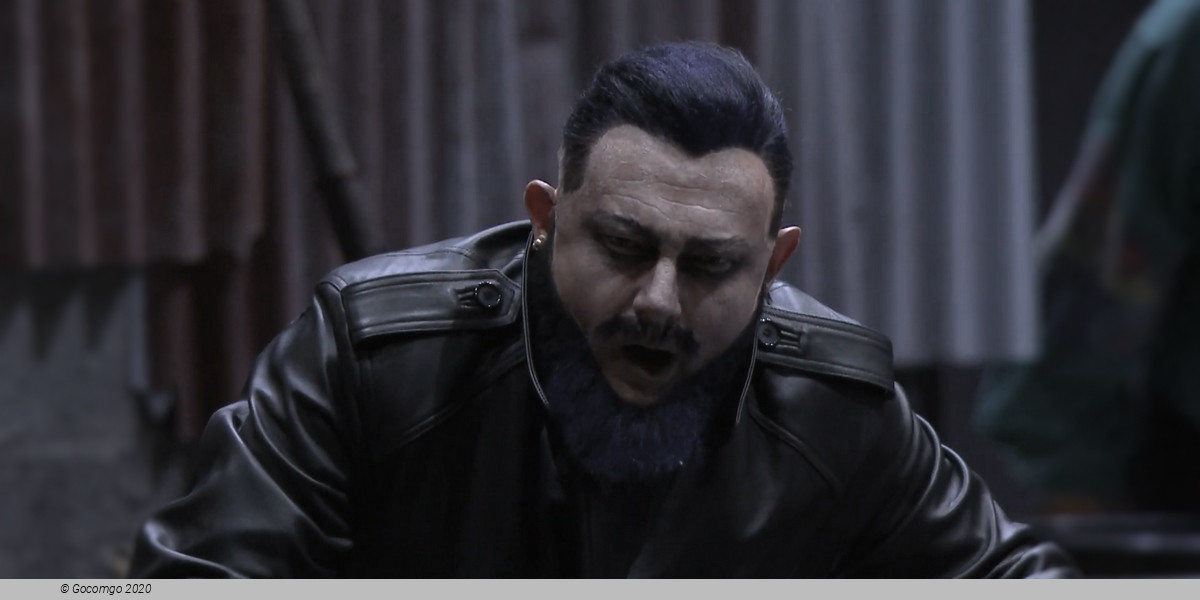
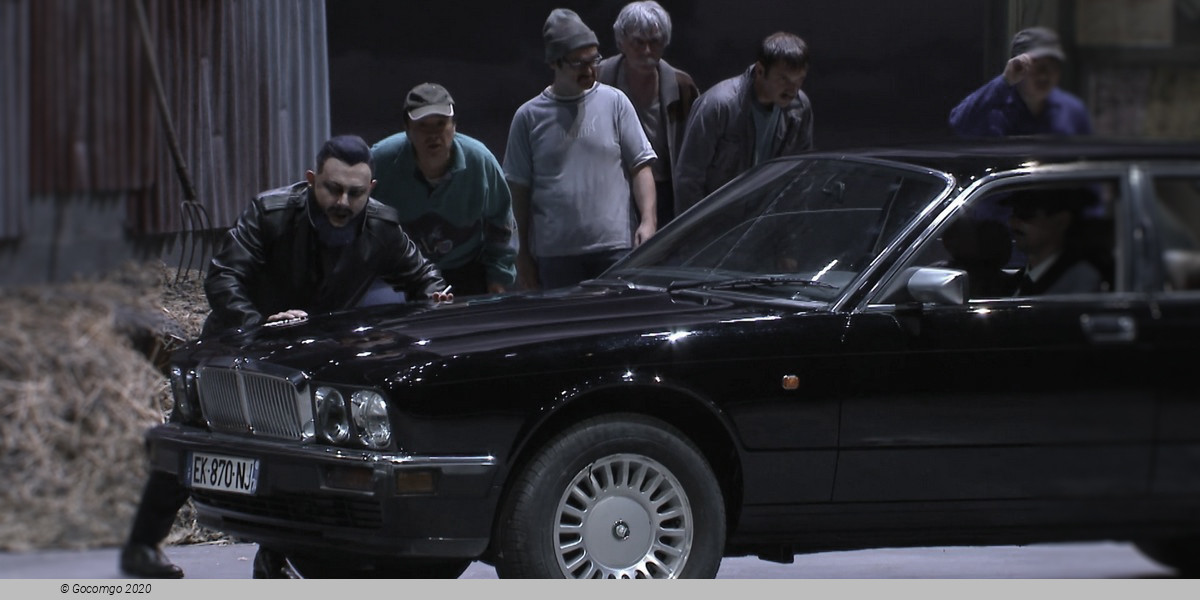
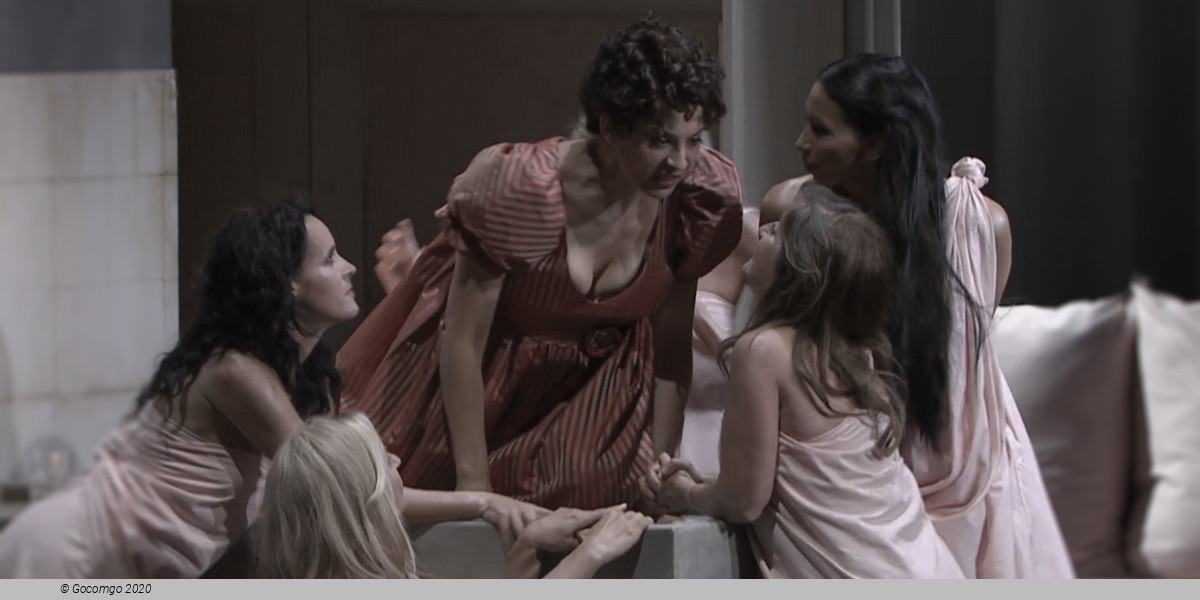
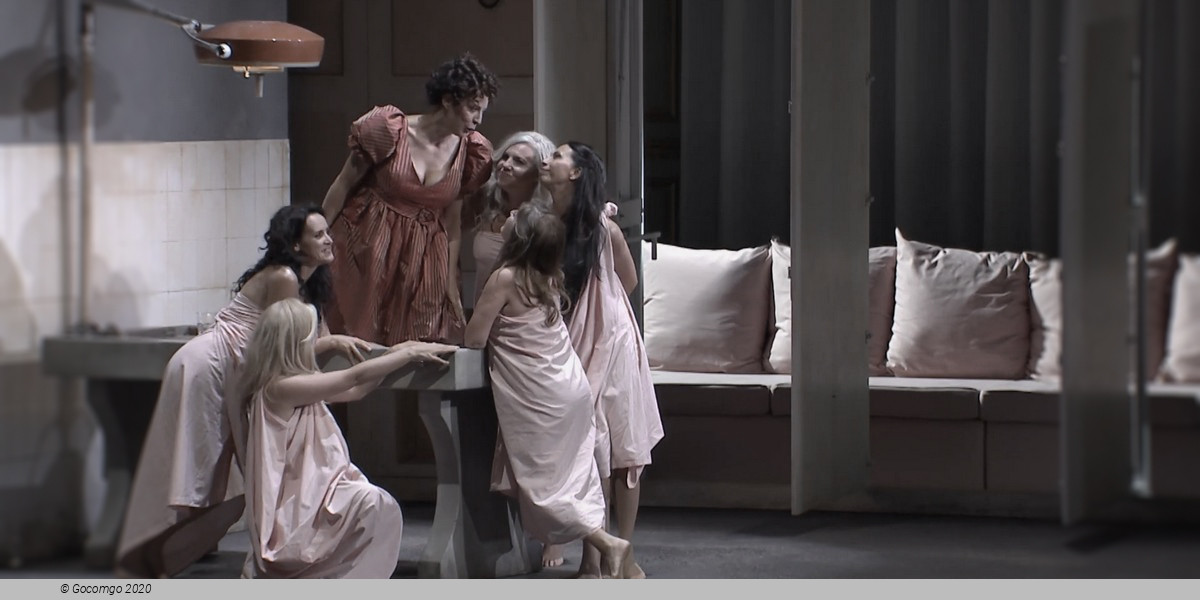
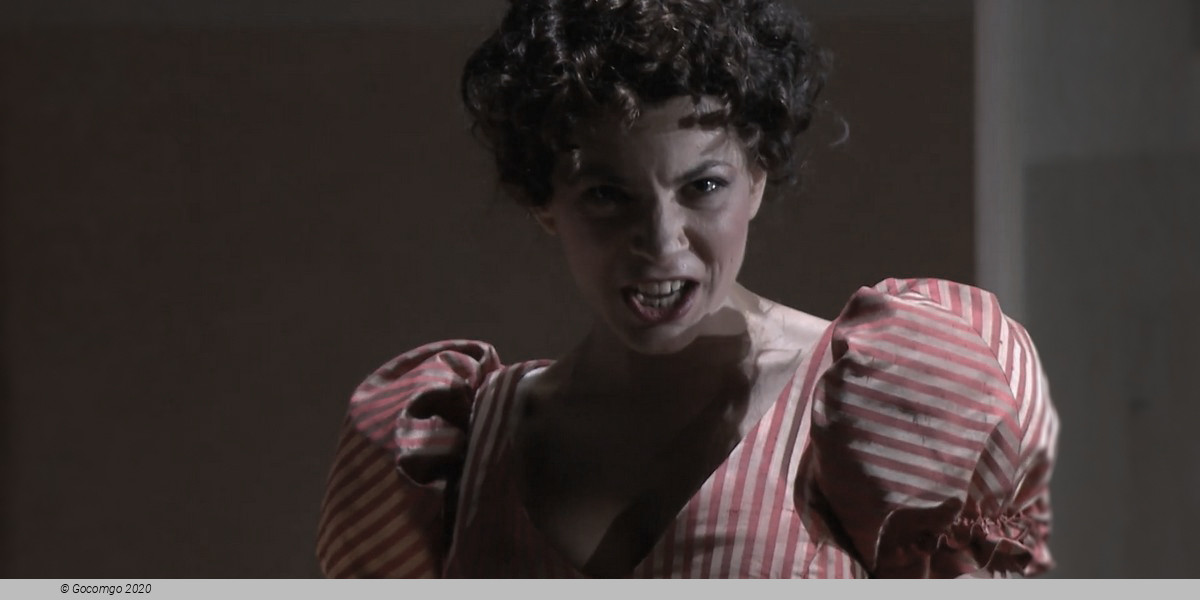
 Avenue du Théâtre 12
Avenue du Théâtre 12